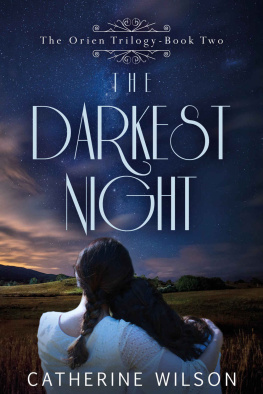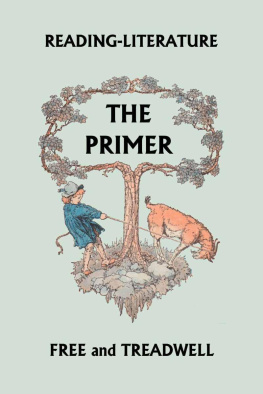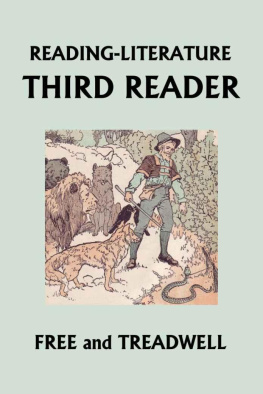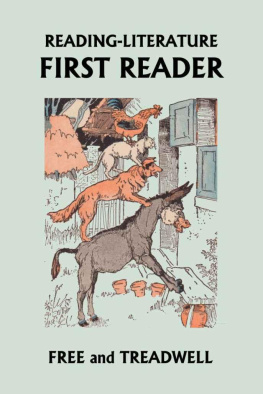CHAPTER I
I shall not say why and how I became, at the age of fifteen, the mistress of the Earl of Craven. Whether it was love, or the severity of my father, the depravity of my own heart, or the winning arts of the noble lord, which induced me to leave my paternal roof and place myself under his protection, does not now much signify; or, if it does, I am not in the humour to gratify curiosity in this matter.
I resided on the Marine Parade at Brighton, and I remember that Lord Craven used to draw cocoa trees, and his fellows as he called them, on the best vellum paper for my amusement. "Here stood the enemy," he would say, "and here, my love, are my fellows. There the cocoa trees, &c." It was, in fact, a dead bore. All these cocoa trees and fellows, at past eleven o'clock at night, could have no peculiar interest for a child like myself, so lately in the habit of retiring early to rest. One night, I recollect, I fell asleep; and, as I often dream, I said yawning, and half awake, "O Lord! O Lord! Craven has got me into the West Indies again." In short I soon found that I had made but a bad speculation, by going from my father to Lord Craven. I was even more afraid of the latter than I had been of the former. Not that there was any particular harm in the man beyond his cocoa trees; but we never suited nor understood each other.
I was not depraved enough to determine immediately on a new choice, and yet I often thought about it. How indeed could I do otherwise, when the Honourable Frederick Lamb was my constant visitor, and talked to me of nothing else? However, in justice to myself, I must declare that the idea of the possibility of deceiving Lord Craven while I was under his roof, never once entered into my head. Frederick was then very handsome, and certainly tried with all his soul and with all his strength, to convince me that constancy to Lord Craven was the greatest nonsense in the world. I firmly believe that Frederick Lamb sincerely loved me, and deeply regretted that he had no fortune to invite me to share with him.
Lord Melbourne, his father, was a good man. Not one of your stiff-laced, moralising fathers, who preach chastity and forbearance to their children. Quite the contrary, he congratulated his son on the lucky circumstance of his friend Craven having such a fine girl with him.
"No such thing," answered Frederick Lamb, "I am unsuccessful there. Harriette will have nothing at all to do with me."
"Nonsense!" rejoined Melbourne, in great surprise, "I never heard anything half so ridiculous in all my life. The girl must be mad! She looks mad. I thought so the other day, when I met her galloping about, with her feathers blowing, and her thick dark hair about her ears.
"I'll speak to Harriette for you," added his lordship, after a long pause, and then continued repeating to himself, in an undertone, "not have my son indeed! Six feet high! A fine, straight, handsome, noble young fellow! I wonder what she would have!"
In truth, I scarcely knew myself; but something I determined on: so miserably tired was I of Craven, and his cocoa trees, and his sailing-boats, and his ugly, cotton nightcap.
"Surely," I would say, "all men do not wear those shocking nightcaps; else all women's illusions had been destroyed on the first night of their marriage!" I wonder, thought I, what sort of a nightcap the Prince of Wales wears? Then I went on to wonder whether the Prince of Wales would think me as beautiful as Frederick Lamb did? Next I reflected that Frederick Lamb was younger than the Prince; but then again, a Prince of Wales!
I was undecided: my heart began to soften. I thought of my dear mother and I wished I had never left her. It was too late, however, now. My father would not suffer me to return, and, as to passing my life, or any more of it, with Craven, cotton night-cap and all, it was death! He never once made me laugh, nor said anything to please me.
Thus musing, I listlessly turned over my writing book, half in the humour to address the Prince of Wales! A sheet of paper, covered with Lord Craven's cocoa trees, decided me, and I wrote the following letter, which I addressed to the Prince.
"BRIGHTON
"I am told that I am very beautiful, so perhaps you would like to see me; and I wish that, since so many are disposed to love me, one, for in the humility of my heart I should be quite satisfied with one, would be at the pains to make me love him. In the meantime, this is all very dull work, Sir, and worse even than being at home with my father: so, if you pity me, and believe you could make me in love with you, write to me, and direct to the post office here."
By return of post, I received an answer nearly to this effect: I believe from Colonel Thomas.
"Miss Wilson's letter has been received by the noble individual to whom it was addressed. If Miss Wilson will come to town, she may have an interview, by directing her letter as before."
I answered this note directly, addressing my letter to the Prince of Wales.
"SIRTo travel fifty-two miles this bad weather, merely to see a man, with only the given number of legs, arms, fingers, &c., would, you must admit, be madness in a girl like myself, surrounded by humble admirers who are ever ready to travel any distance for the honour of kissing the tip of her little finger; but, if you can prove to me that you are one bit better than any man who may be ready to attend my bidding, I'll e'en start for London directly. So, if you can do anything better in the way of pleasing a lady than ordinary men, write directly: if not, adieu, Monsieur le Prince."
It was necessary to put this letter into the post office myself, as Lord Craven's black footman would have been somewhat surprised at its address. Crossing the Steyne I met Lord Melbourne, who joined me immediately.
"Where is Craven?" said his lordship, shaking hands with me.
"Attending to his military duties at Lewes, my lord."
"And where's my son Fred?" asked his lordship.
"I am not your son's keeper, my lord," said I.
"No! By the bye," inquired his lordship, "how is this? I wanted to call upon you about it. I never heard of such a thing in the whole course of my life! What the devil can you possibly have to say against my son Fred?"
"Good heavens! my lord, you frighten me! I never recollect to have said a single word against your son, as long as I have lived. Why should I?"
"Why, indeed!" said Lord Melbourne. "And, since there is nothing to be said against him, what excuse can you make for using him so ill?"
"I don't understand you one bit, my lord." The very idea of a father put me in a tremble.
"Why," said Lord Melbourne, "did you not turn the poor boy out of your house as soon as it was dark, although Craven was in town, and there was not the shadow of an excuse for such treatment?"
At this moment, and before I could recover from my surprise at the tenderness of some parents, Frederick Lamb, who was almost my shadow, joined us.










